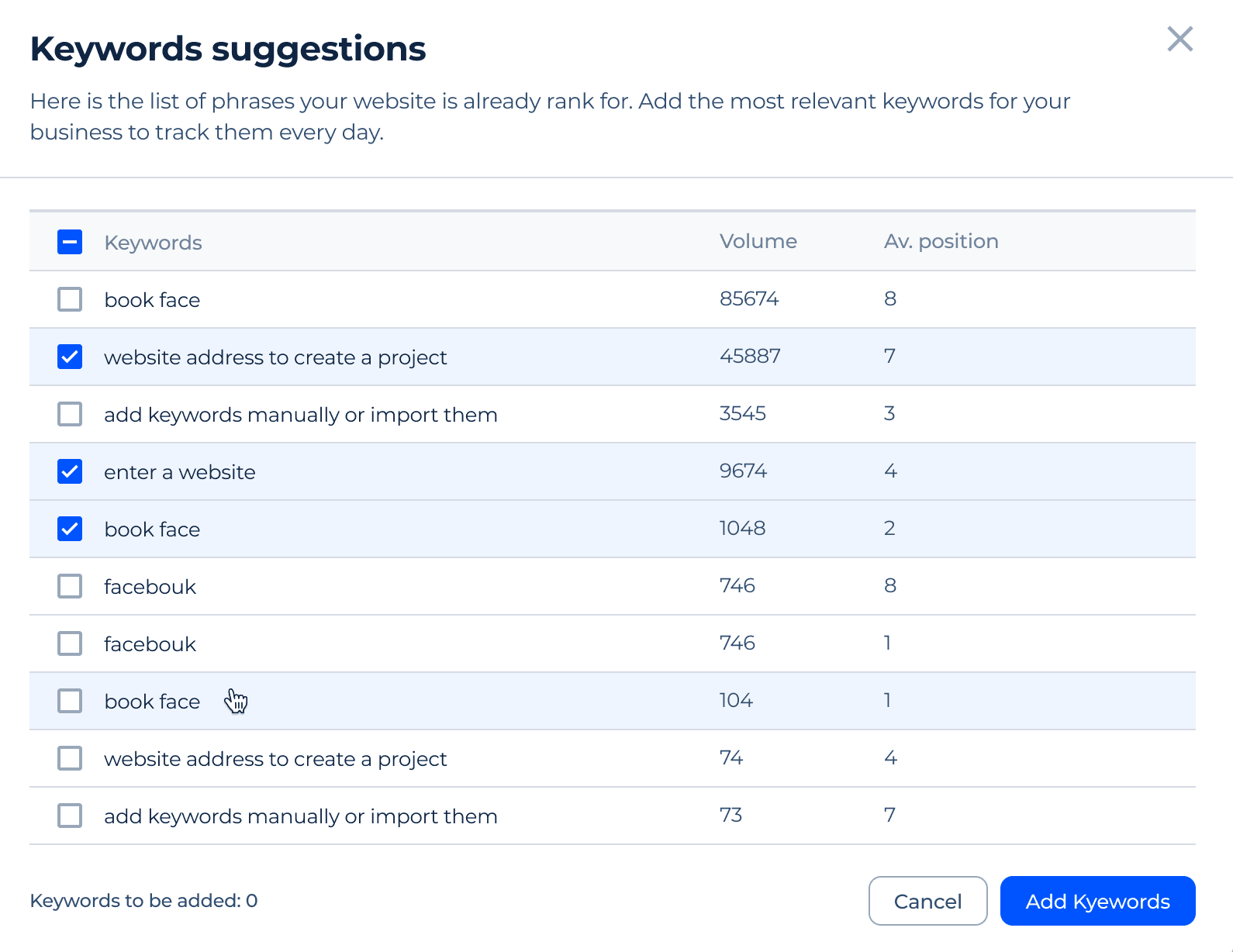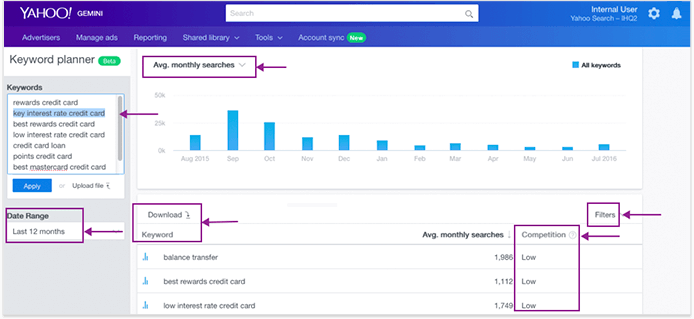Common Pitfalls in Yahoo Keyword Selection
Selecting the right keywords for Yahoo SEO is crucial, but several common mistakes can undermine your efforts. Here are the most frequent pitfalls and expert guidance on how to avoid them:
Overlooking Search Intent and Content Type
Many marketers choose keywords without considering what users actually want when they search. For example, a keyword like “winter perfumes” might seem transactional, but search engine results pages (SERPs) could show that users prefer listicles or reviews instead of direct sales pages. Always analyze SERPs to match your content type with user intent. Ignoring this can lead to poor rankings and low engagement.
Focusing Solely on High-Volume Keywords
Selecting keywords based only on search volume, without assessing relevance or competition, is a common error. High-volume keywords may be too broad or competitive, making it hard to rank. Instead, balance high-volume terms with relevant, long-tail keywords that better match your content and audience needs.
Neglecting Exact and Straightforward Keywords
Yahoo (and Bing) tend to favor exact-match keywords more than Google. Overly broad or semantically complex phrases may not perform as well. Use simple, direct keywords that closely match what users are likely to type into Yahoo’s search bar.
Ignoring Singular vs. Plural Forms
For some keywords, there’s a significant difference in search volume and intent between singular and plural forms. Always check both variations to ensure you’re targeting the right audience.
Keyword Stuffing and Over-Optimization
Repeating the same keyword too often can trigger spam filters and hurt rankings. Use keywords naturally within your content, title tags, meta descriptions, and headings—without forcing them in unnaturally. Yahoo, like other search engines, penalizes over-optimization.
Automating Title Tags and Meta Descriptions
Relying on automated systems to generate title tags and meta descriptions can result in generic, unappealing snippets that don’t include your target keywords or entice clicks. Craft these elements manually, placing primary keywords near the beginning and keeping titles under 35 characters for optimal display.
Not Including Keywords in Heading Tags and URLs
Headings (especially H1) and URLs should contain relevant keywords to signal content relevance to Yahoo’s algorithm. Clean, descriptive URLs and well-structured headings improve both SEO and user experience.
Using Text in Images Instead of HTML
Yahoo may not index text embedded in images or graphics. Always keep your important keywords and content in HTML text format for maximum visibility.
Failing to Update and Refresh Content
Yahoo values fresh, relevant content. Regularly updating your pages with new information and keywords can help maintain or improve your rankings over time.
Ignoring Schema Markup
Schema markup helps search engines understand your content’s context, which can enhance how your pages appear in Yahoo’s results. Implement schema for articles, products, and events to potentially boost click-through rates.
How to Avoid These Pitfalls
- Conduct thorough keyword research using tools like Yahoo! Search Assist or third-party platforms to identify terms that match your audience’s search behavior.
- Analyze SERPs for each keyword to understand user intent and the type of content that ranks well.
- Balance keyword volume and relevance, incorporating both high-volume and long-tail keywords as appropriate.
- Use exact-match keywords where possible, especially for Yahoo and Bing.
- Write natural, engaging content that incorporates keywords without stuffing.
- Optimize title tags, meta descriptions, headings, and URLs with primary keywords, keeping them concise and user-friendly.
- Avoid embedding critical text in images; keep it in HTML.
- Regularly update your content and consider adding schema markup for richer search results.
By recognizing and avoiding these common pitfalls, you can significantly improve your Yahoo keyword strategy and enhance your site’s visibility in Yahoo search results.





